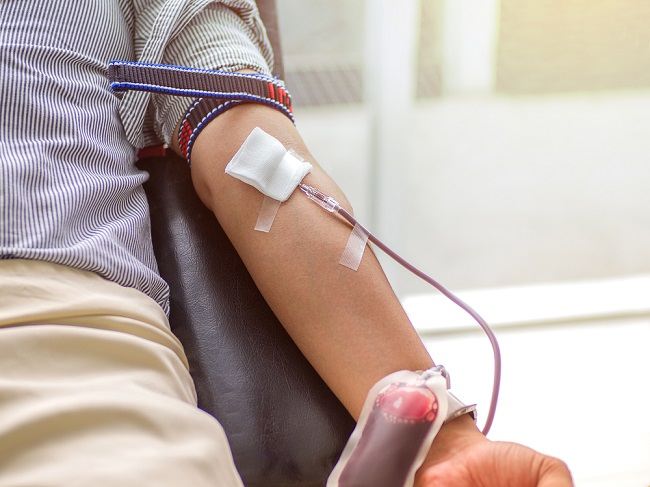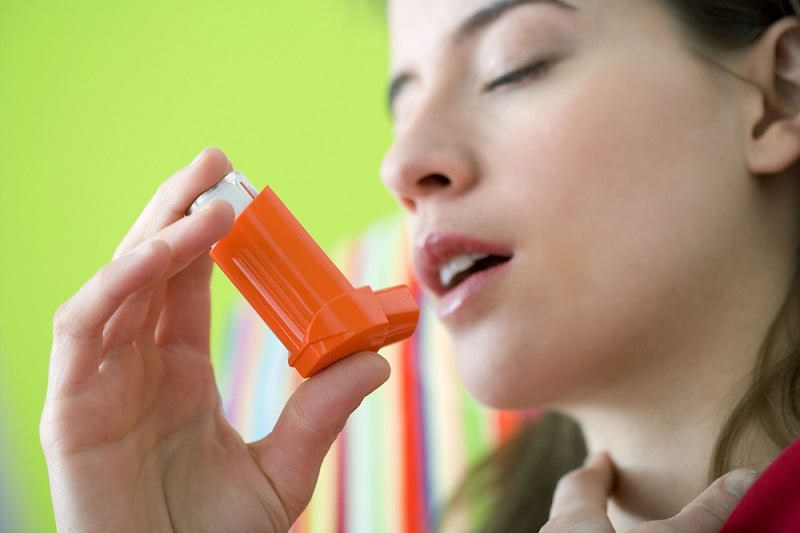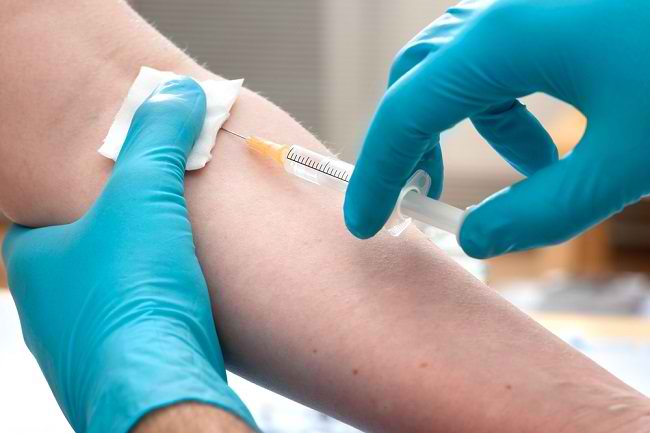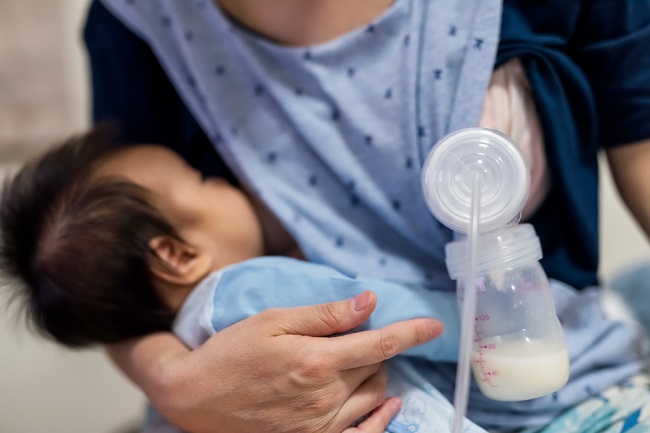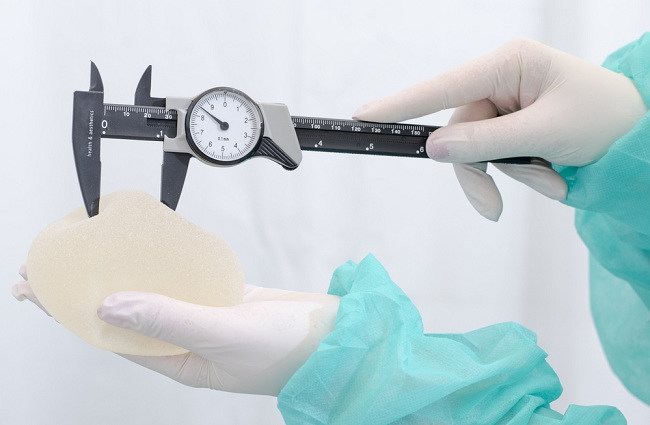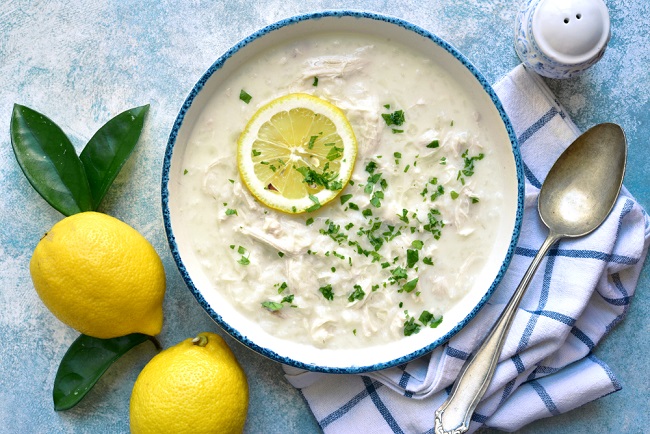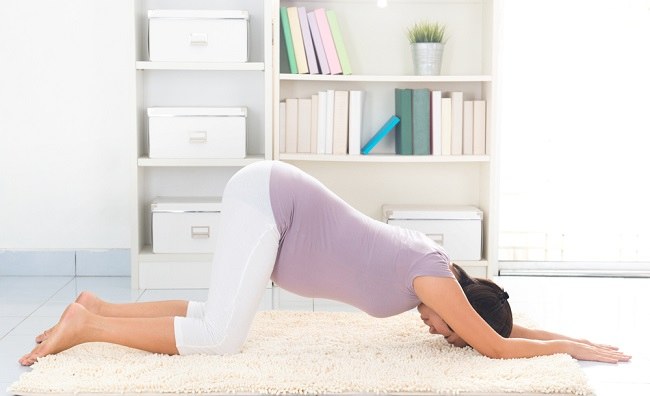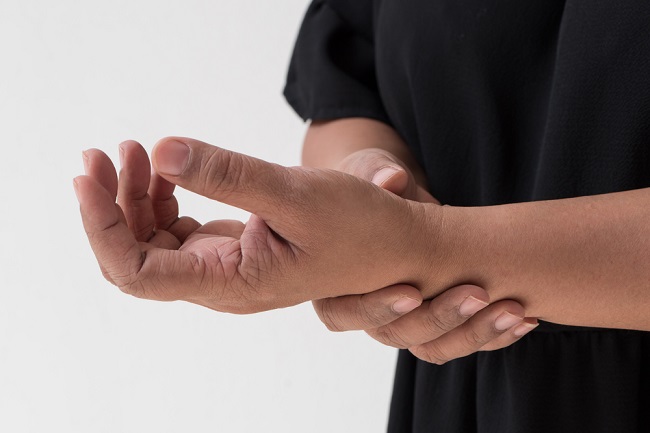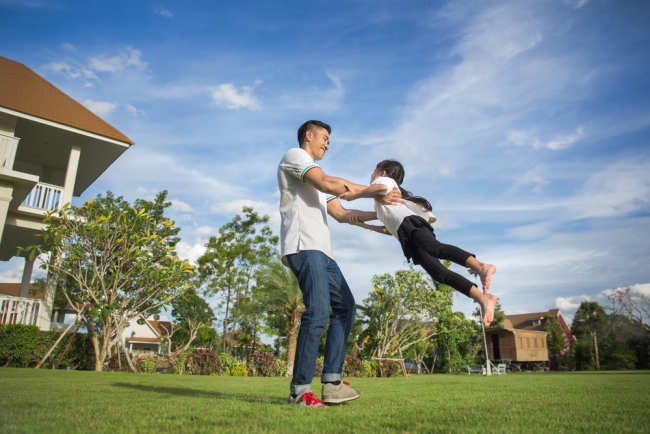Have you taught your little one how to wash their hands properly? Although it sounds easy, washing your hands is not as trivial as one might think. How to wash your hands properly and correctly is very important so that the germs on your little one's hands are gone. As a result, your baby will be protected from disease.
There are various diseases, ranging from mild to dangerous, that can be transmitted through touch. Starting from ARI, diarrhea, pneumonia, typhoid fever, intestinal worms, hepatitis A, bronchiolitis, meningitis, and many other diseases caused by viruses or bacteria, it can be easily transmitted if we don't wash our hands properly.

You can imagine what your little one's activities are that put him at risk for contracting the disease. Play, interact with friends, use stationery, and hold other items. All of that can be an intermediary for bacteria or viruses without the child knowing it.
Just by touching the eyes, nose and mouth with unwashed hands, children can be directly infected with these germs. So, hand washing is very important and is the first protection for your little one's body. In addition, also tell your little one the reason why he needs to wash his hands, namely so that he is prevented from infectious diseases, such as COVID-19.
Teaching Children How to Wash Hands Correctly
Start taking care of your child's health by teaching him how to wash his hands properly. The method is as follows:
- Wet hands with running water.
- Washing hands with water alone is not enough to kill germs. So, also prepare hand washing soap for your little one. Regular soap is enough, no special soap is needed that contains antibacterial.
- Then, teach your little one to rub his hands thoroughly for about 15 to 20 seconds. To make it more fun, you can invite your little one to sing the “little star” song instead of counting how many seconds it takes to wash your hands.
- Clean the palms and the back of the hands, between the fingers, under the nails, to the wrists.
- Rinse until hands are completely clean of soap. Then dry with a dry and clean towel or you can also use a tissue. If washing hands in public, it is advisable to avoid hand dryers. The reason is, hand dryers can actually increase the number of bacteria on your hands.
When should your little one wash their hands?
Now, you already know how to teach your little one to wash their hands properly and why it is so important. Here are some good times to ask your little one to wash their hands:
- After your child has played outside, be sure to encourage him to wash his hands before returning to activities indoors.
- It is recommended to teach him to wash his hands before eating. Those of you who prepare the food should also wash your hands before, during, and after processing raw materials.
- During cold and flu season, flu-causing viruses can fly and can easily infect your child. So, remind your child to wash their hands regularly to reduce the risk of infection.
- Even though it looks clean and smells good, there are still a lot of bacteria in the toilet. So, it is important for you or even your little one to wash their hands after using the toilet. To avoid various diseases.
In addition to the things above, you also need to remind children to wash their hands after handling animals, feeding animals, before and/or after visiting sick people, after taking out the trash, and also after coughing or sneezing.
Loving your child can be expressed in many ways. In addition to providing a variety of favorite toys and healthy food, you also need to pay attention to hand hygiene so you don't get sick easily. Teach your little one to wash their hands clean and properly, so that their health is well maintained.
